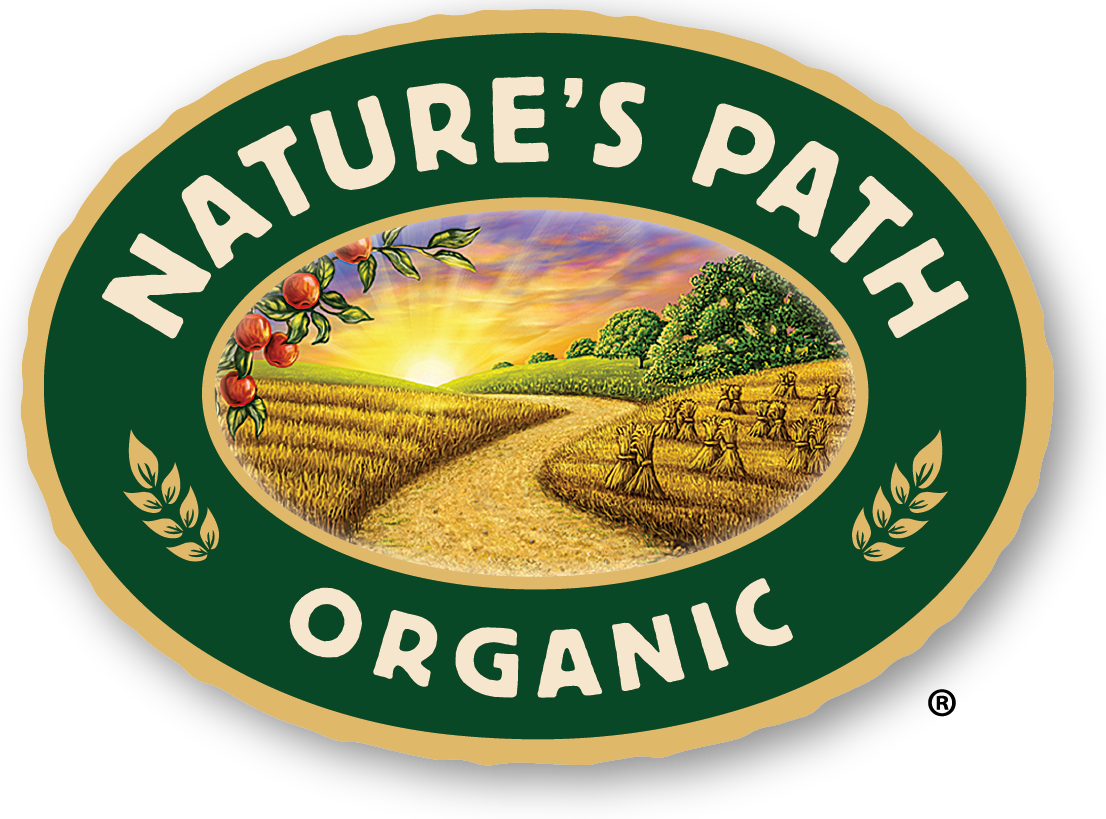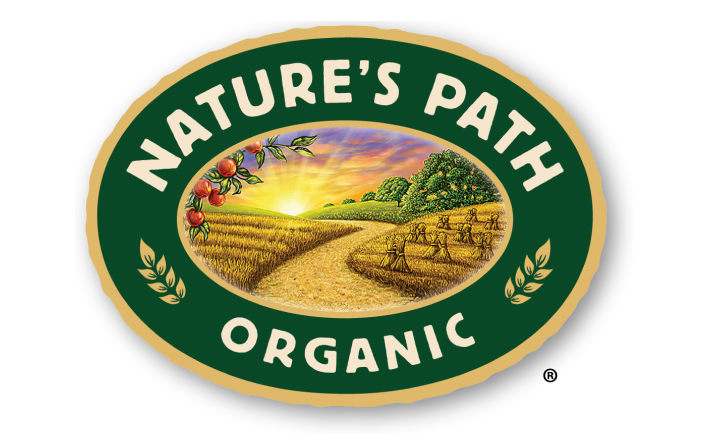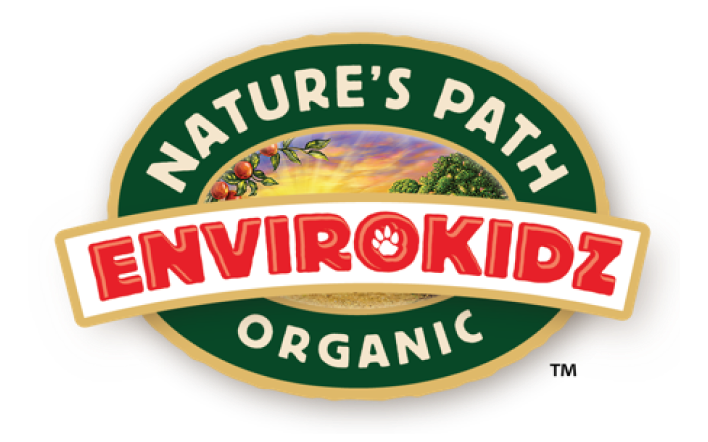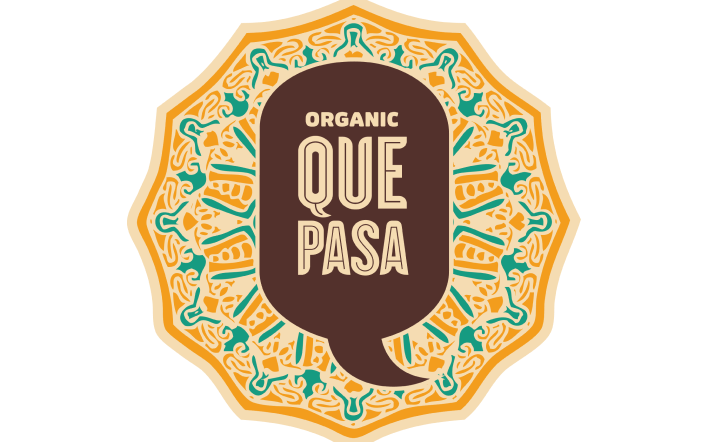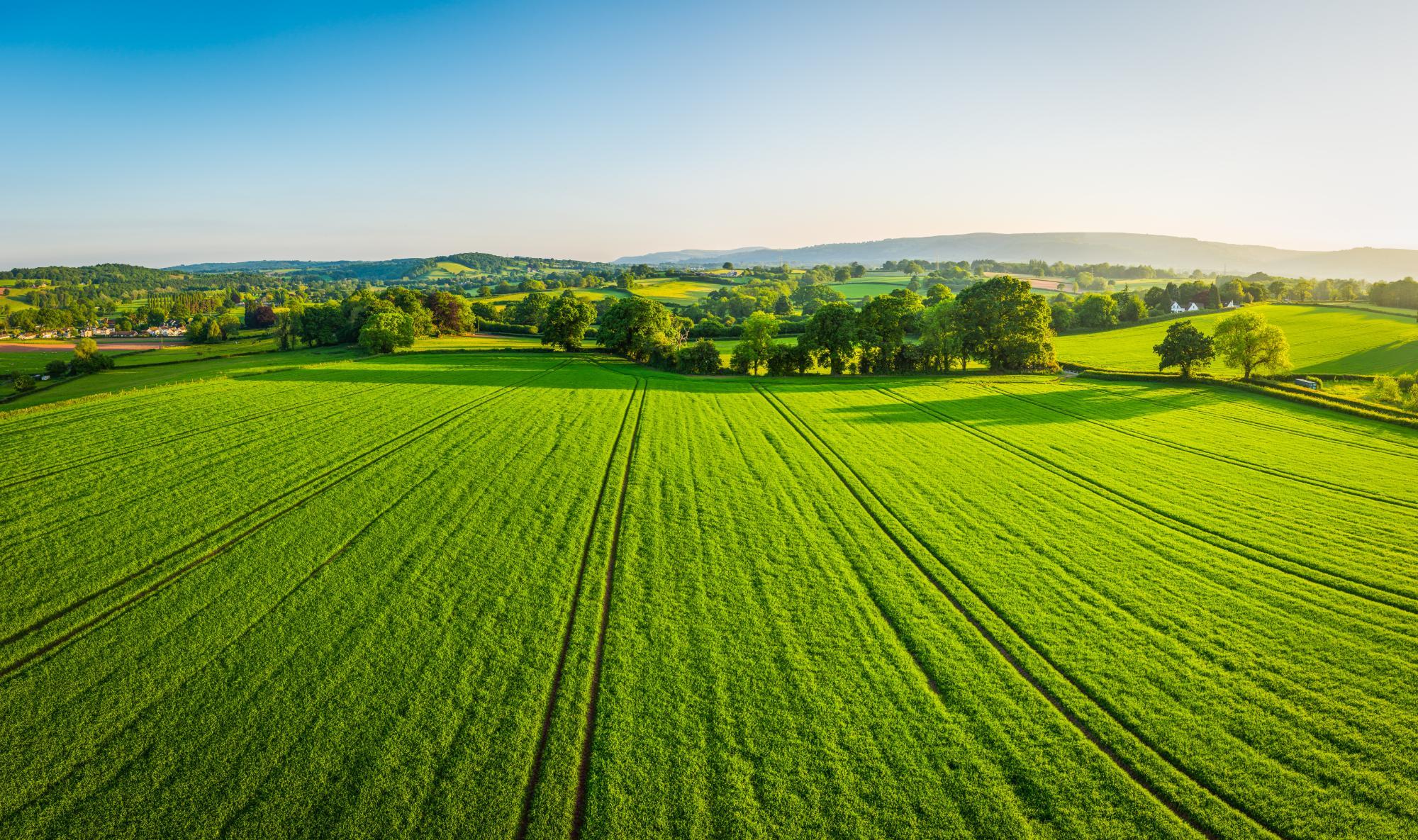
How Organic Farming Can Help Us Redefine Success
By Sarah West
Tags:
Human endeavors tend to be goal-oriented and success is perhaps the highest goal we aim for. Success is hardly a straightforward target, though it’s fair to say that most of us don’t think of farming as the best way to get there. Yet, despite requiring lots of hard work and long hours, organic farming frequently ranks as one of the most satisfying jobs out there. Though we can’t all be organic farmers, perhaps their version of success can help us re-imagine ours. Merriam-Webster defines success as, “The fact of getting or achieving wealth, respect, or fame.” If you find this definition lacking, you’re not alone. It turns out that most people are looking for more than money and notoriety. In a study done by Strayer University, 90% of participants said happiness is the key to success. A quick internet search reveals a chorus of bloggers and web gurus seconding that notion: success means finding your own personal version of bliss. You will have to negotiate along the way, though. We are social creatures and we see our successes and failures through the lens of social comparison. Comparing ourselves to those around us is healthy, to a point. Our outdated definition of success may not be.Food is the first wealth. Grow it right, and you feel insanely rich, no matter what you own.
- The Dirty Life: A Memoir of Farming, Food, and Love by Kristin Kimball
Cultivating Happiness
Organic farming started as a grass-roots movement that sprung from the desire to do better than the conventional standards of its time. It’s familiar with pushing boundaries and writing its own definitions. As organic farming diversified and matured, those new definitions crystallized into a code of ethics that guide organic farmers and – it turns out – makes them happy. Let’s look at a few of the ways organic farmers define success:Enjoy Your Work
When it comes down to it, a boat, a lavish vacation, or even a bottomless savings account won’t make you as happy as enjoying the daily grind. While financial accomplishments can give you the occasional endorphin release, they can’t compare to the steady stream of satisfaction that comes from loving what you do every day, even when it’s hard.Protect the Environment
Tied into that community service is the idea of ethical production. Organic farmers often practice civic agriculture, or agriculture that provides social and environmental services that extend beyond the farm boundaries. Healthy, fresh food is one example of civic agriculture, as is providing pollinator habitat, protecting and conserving water, and revitalizing soils. All of these practices mean extra work for the organic farmer, but they also provide benefits. By harnessing biodiversity rather than chemicals, farmers create a safer workplace for themselves and their community, create and work in beauty, and enjoy the privilege of having a wealth of good things to eat. As people with an intimate knowledge of weather and climate, organic farmers also cite adaptability to climate change as a factor of success in their business. Not only do organic farmers recognize the threat of climate change, they actively work to mitigate it. This long-range vision serves both farmers and their communities.Feed Your Community
For a farmer, feeding community is a two-way exchange. Many organic farmers report that providing fresh, healthy foods to their community is one of the main reasons they farm. Playing that role gives farmers a sense of duty and a meaningful goal to accomplish – one of the main factors contributing to job satisfaction in farming. Knowing what your customers like or need to eat creates an intimate connection. It also puts a unique value on that farmer’s product, one that motivates them to continue their work.Strive for Sustainability
Although it is not the main reason most organic farmers farm, money is still an important part of the equation. In order for organic farming to continue revitalizing communities and natural environments, it has to be profitable. In business, profitability means growth and sustainability. Organic farming focuses on two kinds of sustainability: as a measure of their business’s financial health, and of their farm’s impact on the environment. By choosing to maintain the land they work for the long-term, they incorporate environmental costs and benefits into their farm’s overall budget. In this type of equation, profit comes in the form of money, but also as clean water, healthy soil, insects that pollinate and protect their crops, and more. We may not all be organic farmers, but we can all choose to live like one: Take pleasure in your environment and strive to protect it. View good food and health as wealth. Measure success in terms of what you give to your community and what it returns to you.Would you like to be the first to hear about our new products and more?
Sign up for our Nature’s Path Newsletter.


